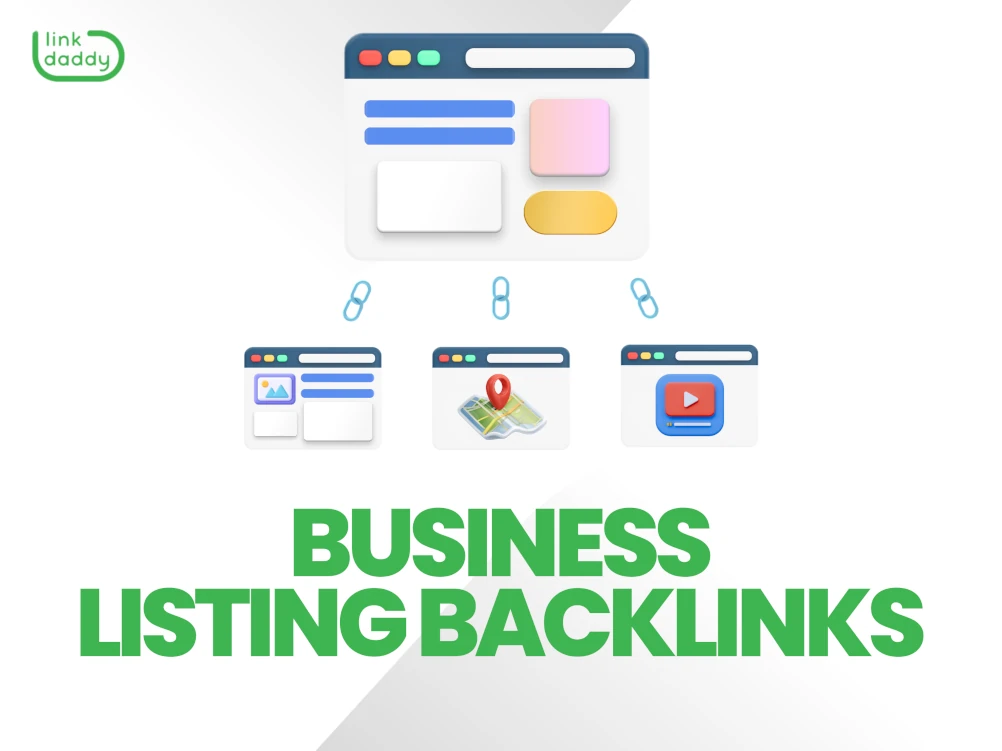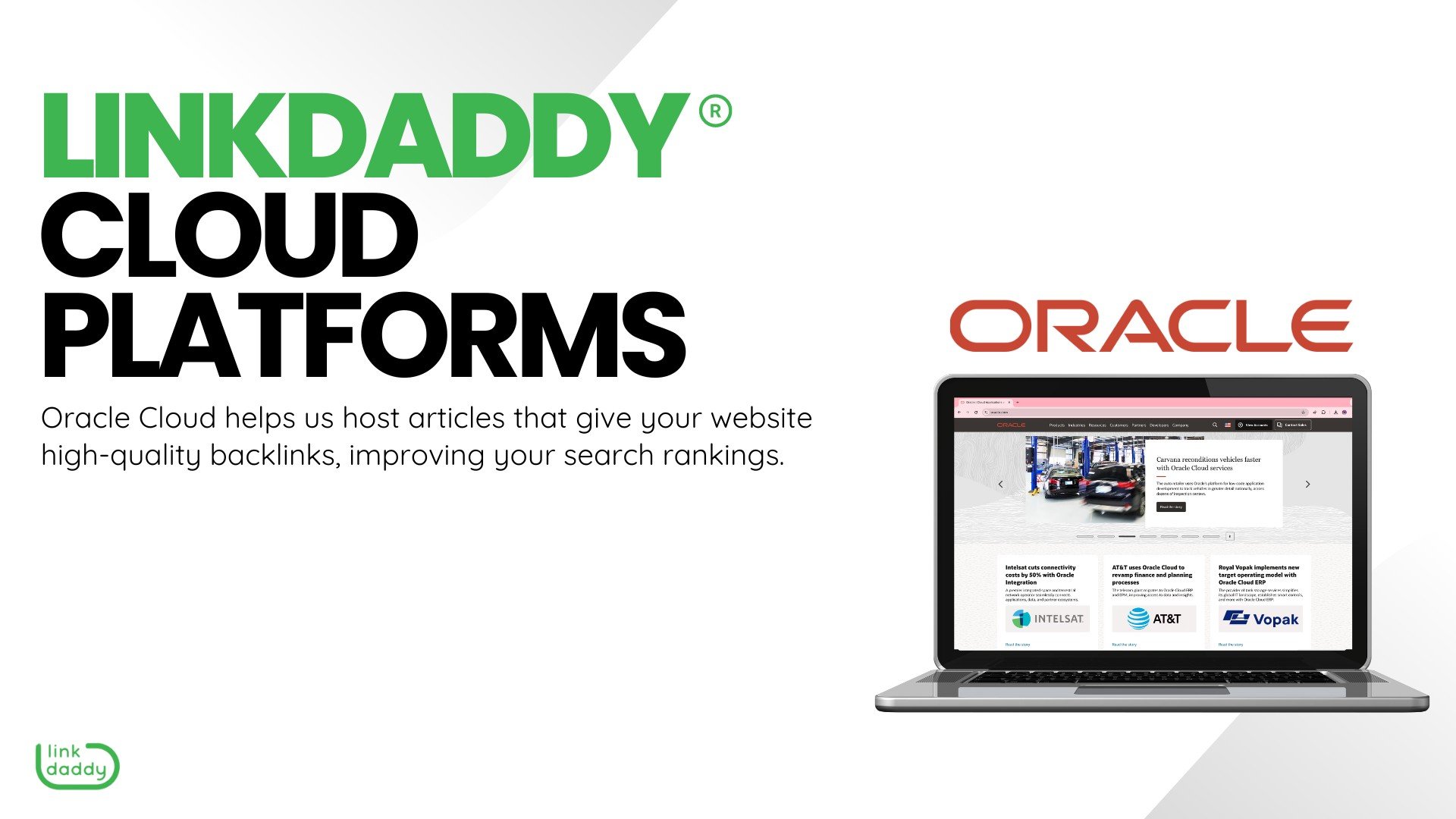Making The Most Of Cloud Services Effect: LinkDaddy Expert Insights
Making The Most Of Cloud Services Effect: LinkDaddy Expert Insights
Blog Article
Recognizing the Different Sorts Of Cloud Solutions and Their Usages
From Facilities as a Solution (IaaS) to Software Program as a Service (SaaS), each type of cloud service serves a distinct function and gives distinctive benefits. By checking out the nuanced capabilities and applications of each cloud service, one can navigate the intricacies of cloud computing with accuracy and insight.
Infrastructure as a Solution (IaaS)
Facilities as a Service (IaaS) offers users with virtualized computing resources online on a pay-as-you-go basis. This cloud computing model supplies essential IT framework such as digital makers, storage, and networking without the need for companies to purchase and take care of physical web servers and data centers. With IaaS, customers can scale sources up or down based on their requirements, supplying adaptability and cost-efficiency.
One of the key advantages of IaaS is its capability to rapidly stipulation and release infrastructure parts, making it possible for businesses to respond quickly to transforming demands and market problems. By outsourcing infrastructure monitoring to the service copyright, organizations can focus a lot more on their core company tasks instead of dealing with the intricacies of hardware upkeep and upgrades.
Furthermore, IaaS supplies a high level of integrity and safety, with companies generally supplying robust information backup, catastrophe recuperation, and cybersecurity procedures. This helps make sure that important business procedures remain undisturbed and data continues to be protected versus potential dangers. Cloud Services. Generally, Infrastructure as a Solution streamlines IT operations, boosts scalability, and decreases resources expenditures for organizations of all sizes
Platform as a Solution (PaaS)
Structure upon the structure of Framework as a Solution (IaaS), Platform as a Service (PaaS) provides a thorough environment for developers to create, release, and manage applications without the intricacies of underlying framework management. PaaS supplies a platform with devices and solutions that improve the advancement procedure, enabling designers to concentrate on writing code and building applications rather than handling infrastructure issues.

Software as a Solution (SaaS)
Software as a Solution (SaaS) transforms the means services access and use software applications by using them on a subscription basis via cloud providers. This cloud computer model removes the requirement for organizations to mount and preserve software application on individual tools, as every little thing is held and handled centrally in the cloud.
SaaS offers an affordable service for services as they just pay for the software application they use without the included costs of hardware upkeep or software application updates. It also offers scalability, enabling companies to quickly readjust their software demands based on their demands.
In addition, SaaS applications can be accessed from any type of gadget with a web link, promoting partnership and versatility among remote groups. Security is a leading concern in SaaS, with companies implementing robust actions to secure information saved in the cloud.
Popular examples of SaaS consist of consumer partnership management (CRM) software program like Salesforce, productivity tools like Microsoft Workplace 365, and partnership platforms like Google Work space. SaaS remains to obtain traction in business globe as a result of its scalability, cost-efficiency, and convenience.
Function as a Solution (FaaS)
With the advancement of cloud solutions like Software program as a Solution (SaaS) simplifying software program delivery, Function as a Service (FaaS) represents a standard shift in how code is executed in a serverless atmosphere. FaaS allows designers to write and perform individual features or items of code in action to particular occasions without the demand to handle go to website the infrastructure. This serverless computing model enables programmers to focus only on creating code to implement particular capabilities, without worrying themselves with the underlying framework or web server monitoring.
Among the vital benefits of FaaS is its capability to scale immediately based on the inbound work. Features are implemented in stateless containers that are rotated backwards and forwards as required, ensuring optimal resource utilization and cost-effectiveness. FaaS is specifically beneficial for event-driven and microservices styles, where code execution is set off by occasions such as HTTP demands or data source updates. By abstracting the framework layer, FaaS streamlines advancement, increases time to market, and enhances general dexterity in releasing cloud-native applications.
Storage Space as a Service (STaaS)
A basic element in cloud computing, Storage space as a Solution (STaaS) offers users with a effective and scalable service for handling information storage space requirements. STaaS allows organizations to store and get data from remote web servers by means of the web, getting rid of the requirement for on-premises equipment. This solution uses flexibility by enabling users to pay just for the storage they make use of, making it a cost-efficient remedy for companies of all sizes.

STaaS is particularly valuable for organizations with varying storage space needs, as it offers a protected and dependable storage service without the need for significant ahead of time investments. By leveraging STaaS, organizations can improve their data management processes, boost access, and boost data security in an affordable fashion.

Conclusion
Finally, understanding find more the various sorts of cloud solutions and their uses is vital for individuals and companies wanting to utilize the benefits of cloud computer. Each kind of cloud service provides distinct benefits and functionalities, accommodating details requirements and requirements. By utilizing the ideal cloud solution, companies can enhance their performance, scalability, and adaptability in managing their IT facilities and applications. It is necessary to assess the certain requirements and objectives before choosing the proper cloud service for click this link ideal performance.
From Framework as a Service (IaaS) to Software Program as a Service (SaaS), each type of cloud service offers an unique function and provides distinct benefits. universal cloud Service. By discovering the nuanced performances and applications of each cloud service, one can navigate the complexities of cloud computer with accuracy and insight
With the development of cloud services like Software program as a Service (SaaS) improving software program delivery, Function as a Service (FaaS) represents a standard shift in exactly how code is implemented in a serverless environment.In final thought, recognizing the various kinds of cloud services and their uses is necessary for services and individuals looking to take advantage of the benefits of cloud computing. By utilizing the right cloud service, organizations can improve their performance, scalability, and versatility in handling their IT infrastructure and applications.
Report this page